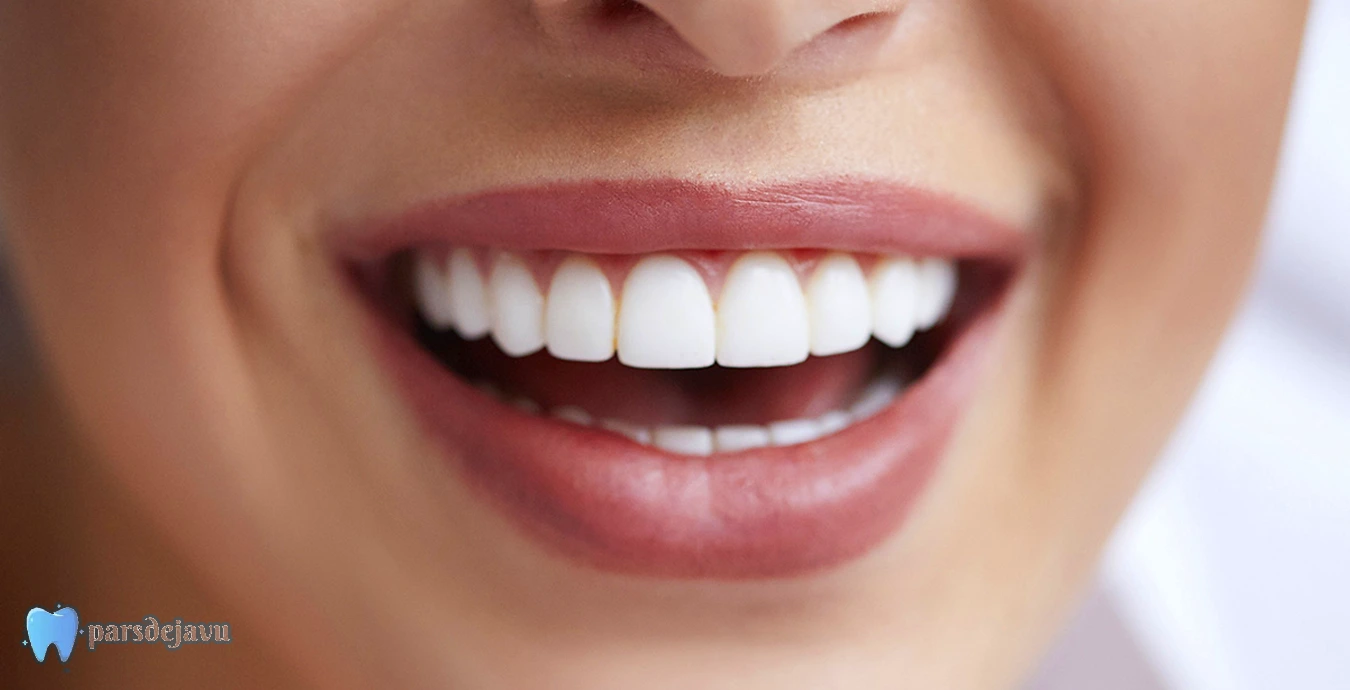Are you looking for a quick, cost-effective, and efficient way to enhance your smile?
Dental composite is one of the most popular cosmetic smile-enhancement methods. It allows you to achieve a beautiful, white, even smile in a short time with minimal tooth reduction.
In this article, we cover everything about dental composite: types, procedure, advantages, disadvantages, aftercare, and how it compares to ceramic veneers.
Book Appointment
"*" indicates required fields
What Is Dental Composite?
Dental composite is a putty-like material made from special dental resin used to correct tooth shape, color, and appearance. It’s directly applied to the tooth surface, shaped, and then hardened under a curing light.
Composite is ideal for treating:
- Discolored teeth
- Minor chips
- Gaps between teeth (diastema)
- Uneven or short teeth

Types of Composite
Composites are divided into several types based on their material, application, and quality:
- 1. Microfill Composite: Fine particles for a shiny, smooth finish—perfect for front teeth.
- 2. Nanohybrid Composite: Combines strength and aesthetics—widely used in cosmetic dentistry.
- 3. Flowable Composite: More fluid—great for small repairs.
- 4. Posterior Composite: High-strength material for back teeth.

Dental Composite Steps
1. Consultation & Evaluation – Dentist examines tooth form, color, and gum health.
2. Shade Selection – Match composite color to natural teeth.
3. Surface Preparation – Clean and prepare the tooth.
4. Layering & Shaping – Composite applied in layers and sculpted.
5. Curing – Each layer cured with a light.
6. Final Polishing – Tooth polished for a smooth, natural shine.

Benefits of Dental Composite
- Quick and painless
- Minimal enamel reduction
- More affordable than ceramic veneers
- Can be repaired or touched up
- Immediate results in 1–2 visits
Disadvantages of Dental Composite
- Shorter lifespan than ceramic veneers (about 5–7 years)
- Susceptible to staining if hygiene is poor
- Less durable under heavy bite pressure
- Requires periodic polishing

Aftercare Tips
- Brush and floss daily
- Avoid biting hard items (ice, spoon handles)
- Limit tea, coffee, soda, and smoking
- Maintain regular checkups and polish
- Use a night guard if you grind your teeth
Is Composite Right for Me?
Dental composite suits individuals who:
- Want a fast smile upgrade
- Prefer minimal tooth reduction
- Have a limited budget
- Have no serious decay
However, it may not suit those with:
Although dental composite is a quick, inexpensive, and beautiful way to improve your smile, it is not recommended in some cases and may not be a suitable option.
Therefore, the following people should exercise extra caution:
Heavy teeth grinding
Poor oral hygiene
Active decay or gum disease
Unrealistic aesthetic expectations
Need for very long-lasting results (veneers are better)
Cost of Dental Composite
Costs vary based on:
- Number of teeth
- Type of composite used
- Dentist’s skill and artistic technique
- Digital smile design or artistic execution technique
- Clinic location and equipment
Why Choose Pars Dejavu Clinic?
Premium composite brands used
- Precise, artistic applications by cosmetic dental specialists
- Digital smile design technology
- Professional pre-treatment consultation
- Hundreds of satisfied patients
